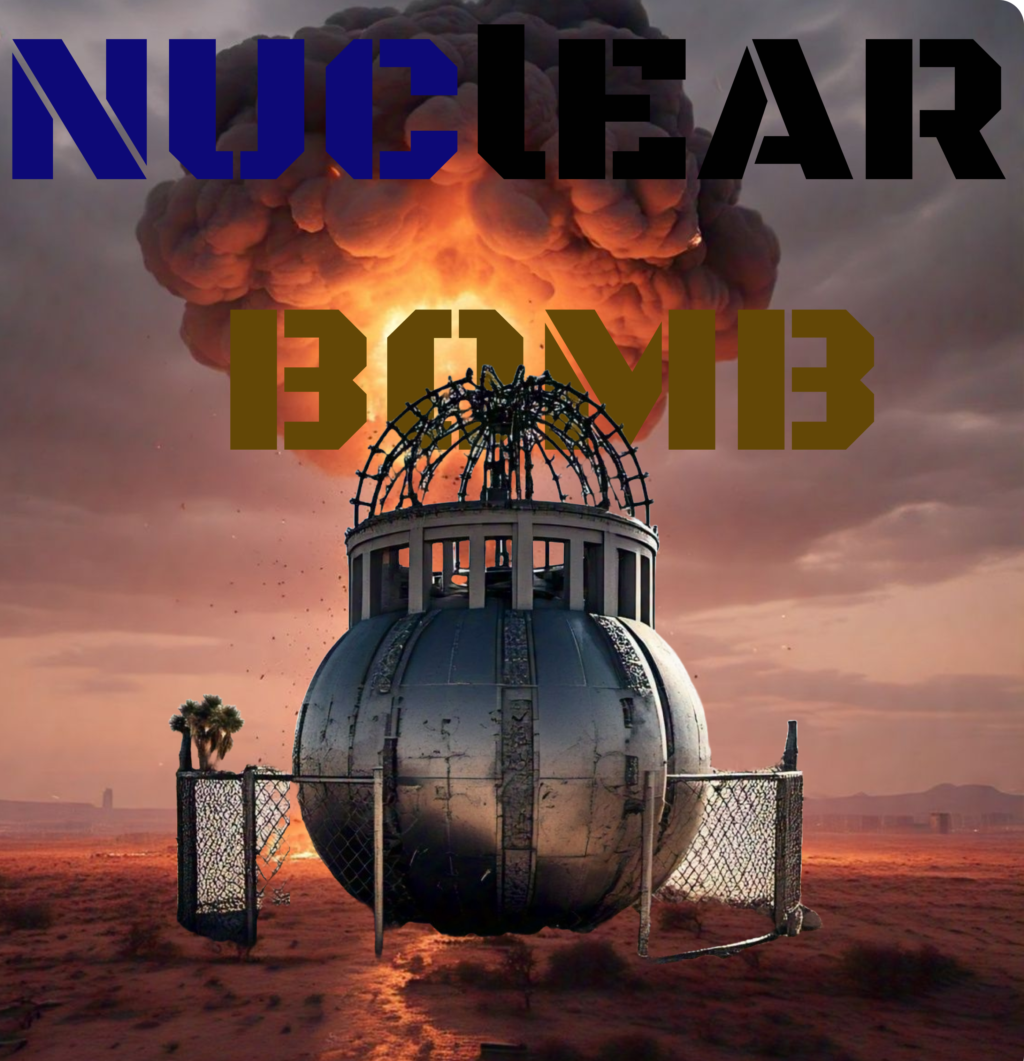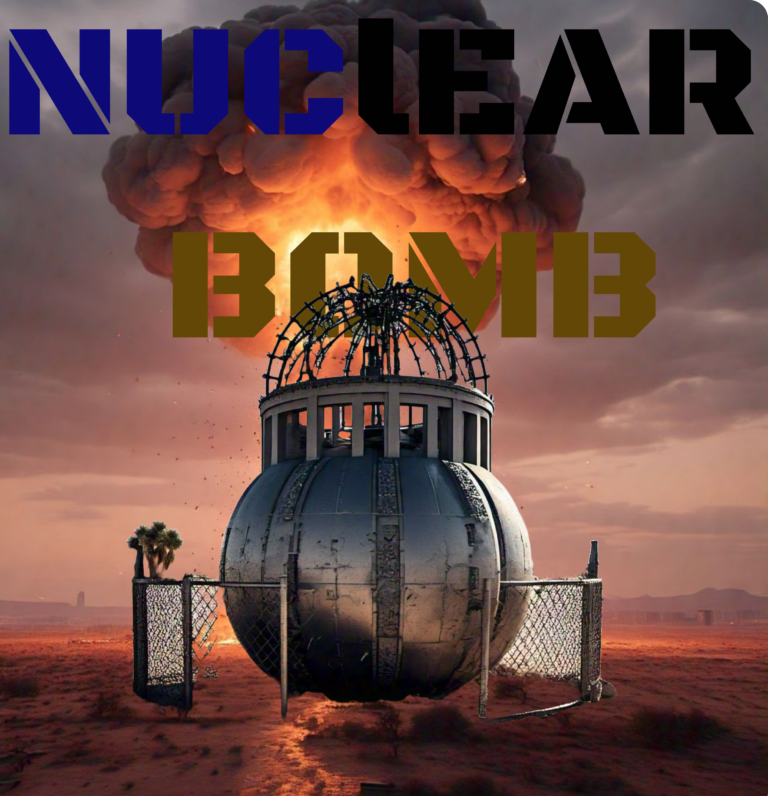
What is a Nuclear Bomb?
A nuclear bomb is an explosive device that derives its destructive power from nuclear reactions—either fission or a combination of fission and fusion. These reactions release enormous energy, making nuclear weapons the most powerful in existence.
A Brief History of Nuclear Bombs
The concept of nuclear bombs emerged during World War II. The United States’ Manhattan Project led to the creation of the first nuclear weapons. In 1945, two bombs were dropped on Hiroshima and Nagasaki, causing massive destruction and ending the war. Since then, nuclear arsenals have expanded, leading to an arms race during the Cold War between the U.S. and the Soviet Union.
Types of Nuclear Bombs
- Fission Bombs (Atomic Bombs): These bombs split heavy atoms like uranium or plutonium, releasing energy. The bombs dropped on Hiroshima and Nagasaki were fission bombs.
- Fusion Bombs (Hydrogen Bombs): These more powerful bombs use fusion (combining light atoms) to release energy. They can be thousands of times more powerful than fission bombs.
How Do Nuclear Bombs Work?
- Fission Reaction: In atomic bombs, uranium-235 or plutonium-239 nuclei are split, releasing neutrons and a massive amount of energy.
- Fusion Reaction: In hydrogen bombs, hydrogen isotopes fuse under extreme temperatures and pressures, releasing even more energy.
The sheer energy released by these reactions results in intense heat, shock waves, and deadly radiation.
Effects of a Nuclear Bomb
- Blast Wave: Causes widespread destruction, flattening buildings within a radius of several kilometers.
- Thermal Radiation: Intense heat can cause severe burns and fires.
- Radiation: Immediate radiation exposure can be fatal. Long-term exposure causes illnesses like cancer.
- Fallout: Radioactive debris falls back to the earth, contaminating air, water, and soil.
Global Impact of Nuclear Weapons
The devastation caused by nuclear weapons has led to global efforts for nuclear disarmament and non-proliferation. Treaties like the Nuclear Non-Proliferation Treaty (NPT) aim to prevent the spread of nuclear weapons. Yet, several nations still possess large arsenals.
Are Nuclear Bombs Still a Threat?
Yes. While the Cold War is over, tensions between nuclear-armed countries like the United States, Russia, China, and North Korea keep the threat alive. Modern advancements also pose risks of cyber attacks on nuclear systems.
SEO and Related Topics
- Learn more about nuclear fission vs. nuclear fusion.
- Understand the consequences of radiation exposure.
- Explore the history of the Manhattan Project.
- Discover the importance of nuclear disarmament.
Conclusion
Nuclear bombs remain a powerful reminder of humanity’s potential for both destruction and innovation. While efforts toward disarmament continue, global cooperation is essential to reduce the threat of nuclear warfare. By understanding these weapons, we can better advocate for a safer, nuclear-free future.



